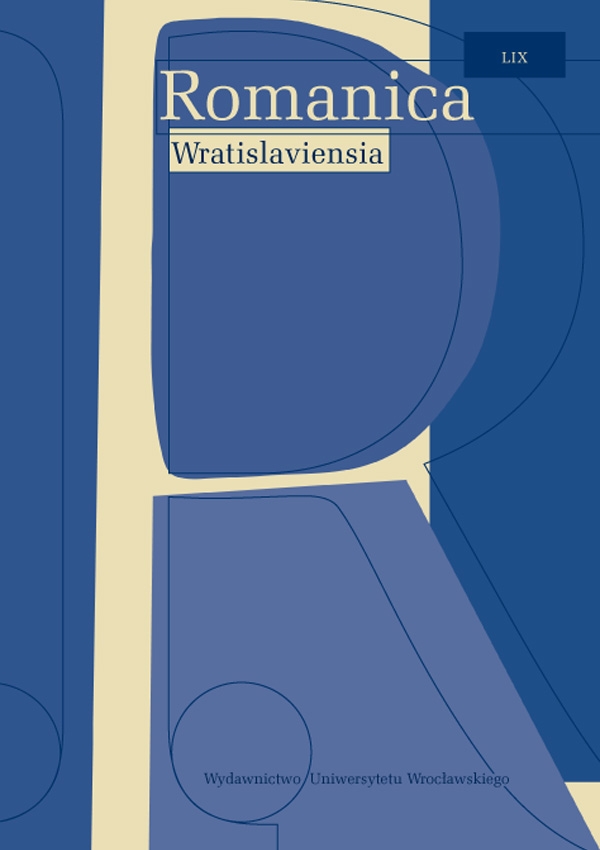

Articles

André Gide, paradoxical translator
The Nobel-prize laureate André Gide 1869–1951 was a somewhat “ paradoxical ” translator: he used translation in order to make a fresh start as a writer narcissistic side, but also to make a book, an author, and a culture better known altruistic side. He was capable of the greatest patience when interested in a text: in the same way, he was capable of abandoning it as soon as he lost interest in it. Translation was appealing to him in itself, as a challenge to the craft of writing. The attention he devoted to the translation of his own texts, especially into English and German, is a sign of his professional approach to the issue. Following up on some previous research, this paper analyses a peculiar “block”: while Gide allowed going as far as possible in the adequacy of the target-language to the source-language, the praxis shows that an invisible barrier of “proper usage” stopped him from allowing disturbing structures in the target-language. His second-thoughts as a translator are apparent in the translations he recovered after a period of oblivion: it sometimes occurs to him to encumber his first drafts, which were sometimes better. This paper tries to show how Hamlet turned the translator into a glosser: it is only twenty years later that he managed to complete a translation judged “impossible” in the 1920s. It was Maurice-Edgar Coindreau who stated that translators are “men with no rights, only obligations.” Gide was ready to take on this submission, as long as he could fix its conditions. A paradoxical translator…